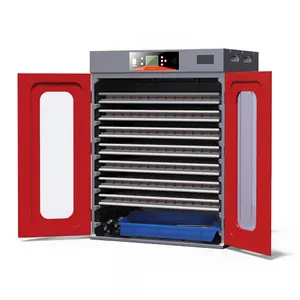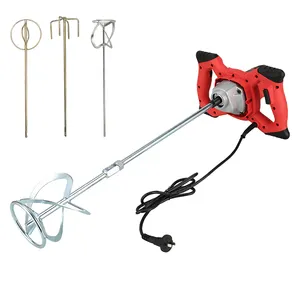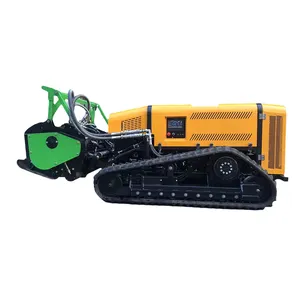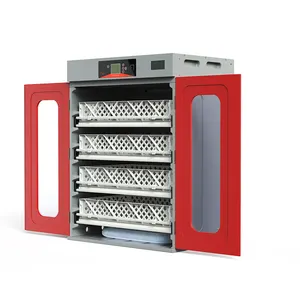Popular in your industry



























































Top categories
About combustion burner
Combustion burners are the heart of industrial heating systems. These burners precisely mix fuel and air to ensure efficient combustion, producing the heat necessary for a wide range of industrial processes. Industrial burners are engineered for reliability, performance, and flexibility, catering to diverse industrial applications, including furnaces, ovens, boilers, and other thermal processing equipment. The Eclipse burner and Wayne burner are renowned for their efficiency and reliability in providing consistent heat generation.
Characteristics of an Industrial Burner
Industrial burners are characterized by their robust construction, advanced combustion control features, and adaptability to various fuel types. These burners are designed to withstand the demanding conditions of industrial settings, offering longevity and consistent performance. Their combustion control systems ensure precise fuel and air mixing, optimizing the combustion process for maximum efficiency. Additionally, industrial burners often incorporate advanced technologies, such as digital control interfaces and modulating capabilities, to enhance operational control and energy savings. Many industrial burners are also engineered to accommodate a range of fuel options, including natural gas, oil, and alternative fuels, providing flexibility to meet diverse industrial heating requirements.
Applications of an Industrial Burner
Industrial burners find extensive use in a variety of applications across different industries. In the chemical and petrochemical sector, these burners are vital for processes like refining, polymer production, and chemical synthesis. Industries rely on them for applications involving heat treatment, such as in metalworking and forging. In the food and beverage industry, industrial burners are used in processes like baking, drying, and pasteurization. Manufacturing industries use these burners for applications like curing, drying, and melting. The automotive sector utilizes them in processes such as paint curing and welding. Foundries rely on burners for metal melting and casting. In the energy sector, burners are crucial for power generation and heating in various facilities. The pharmaceutical industry employs them in processes like sterilization and drying. Industrial burners also play a crucial role in the glass and ceramics industry for applications like glass melting and kiln firing. The pulp and paper sector uses them for various drying and heating processes. Moreover, in the textile industry, burners are utilized in applications like drying and heat setting. The use of an industrial burner in different industries ensures efficient and controlled heat generation, contributing to the overall productivity and sustainability of industrial operations.
Operation of an Industrial Burner
Industrial burners operate by combining fuel and air in precise ratios within a combustion chamber. The combustion chamber for an oil furnace is a critical component for the efficient and controlled burning of fuel. The air-fuel mixture is ignited, initiating the combustion process that generates high-temperature gases. These gases are then channeled through heat exchangers, transferring their thermal energy to the desired medium, such as air, water, or process fluid. The combustion control system of the burner monitors and adjusts the fuel and air supply to maintain optimal combustion, ensuring efficient heat production. Additionally, advanced industrial burners may feature modulation capabilities that allow for the adjustment of heat output based on real-time demand, further enhancing energy efficiency. Industrial burners also prioritize safety, incorporating mechanisms such as flame detection and shutdown systems to respond to any irregularities and prevent hazardous conditions.


































